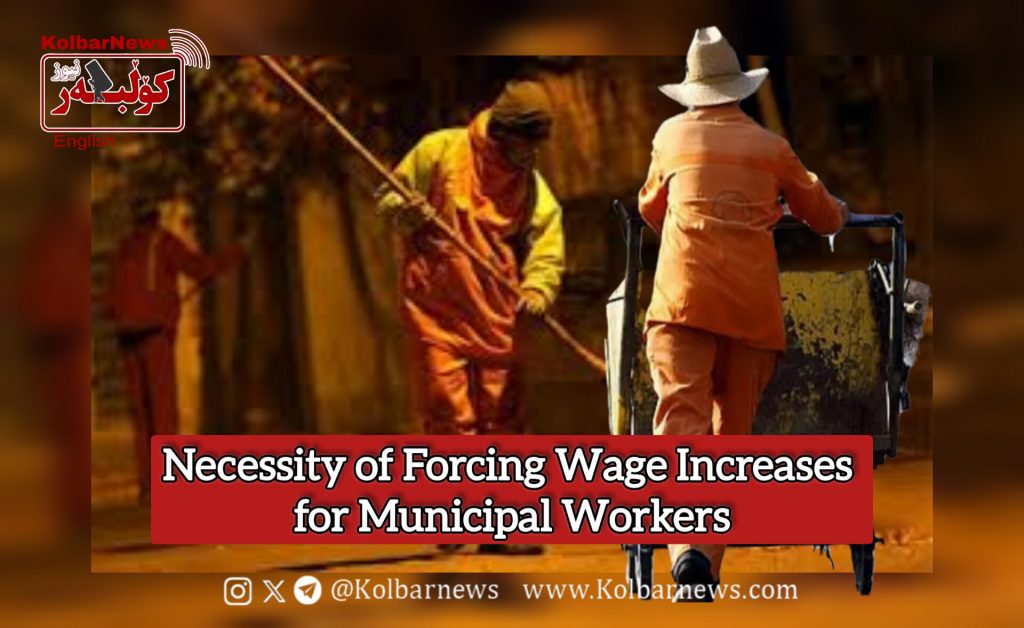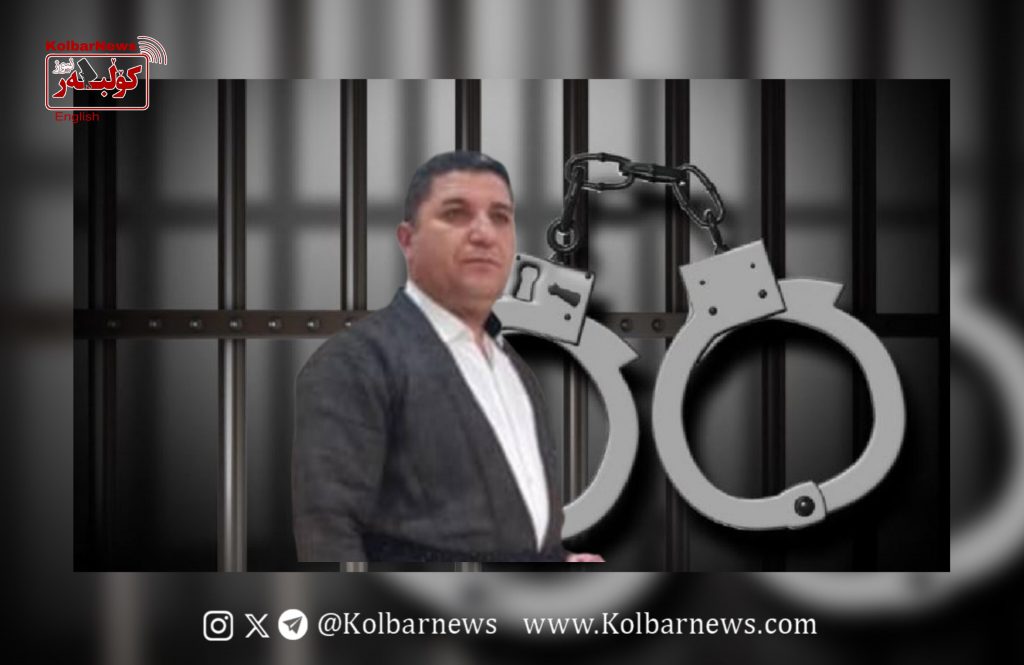
According to Iranian media reports, municipal workers have staged 60 protest actions from the beginning of 2022 to November 2024, demanding overdue wages, wage increases, and improvements in living conditions. These workers, responsible for city maintenance, cleaning, and waste collection, also serve as emergency responders during urban flooding caused by heavy rains. They are typically employed under temporary contracts through subcontractors. Some are directly paid by municipalities, while others rely on contractors who receive budgets from municipalities but often misappropriate these funds for unrelated profit-making ventures instead of paying workers their wages and social security.
One of the most critical issues municipal workers face is the frequent rotation of unreliable contractors, who often refuse to honor the obligations left by their predecessors, and municipalities do not step in to settle overdue payments. Over the past three years, workers have repeatedly emphasized that municipalities, as the actual employers, must be held accountable for these unpaid debts. In addition to demanding wage increases and better living standards, many municipal workers seek the removal of contractors entirely, calling for direct employment contracts with the municipality to ensure job security. They are frustrated by contractors pocketing a portion of their wages and benefits. Municipalities, with substantial income, are seen as some of the most corrupt administrative bodies in the country, with corruption playing a significant role in selecting and rotating contractors.
However, contractor selection is only a small part of the corruption in municipalities. This corruption ranges from embezzlement, financial abuse, and favoritism to politically motivated hiring. For instance, when Ghalibaf served as Tehran’s mayor, his successor, Mohammad Ali Najafi, accused him of various corrupt practices, including fraudulent billion-dollar contracts, questionable investment of employee retirement funds, hiring 13,000 new employees before elections, and misusing municipal funds to support religious institutions and ceremonies. Such corruption harms municipal workers, with unpaid wages being one of the most significant grievances.
In addition to mismanagement, funds are also diverted to large-scale religious events, such as pilgrimages to Iraqi cities, public feasts, and donations to mosques and religious organizations. These expenses, indirectly funded by workers, help municipal officials strengthen ties with higher authorities. Despite these expenditures, there is still adequate funding to cover overdue wages and necessary wage increases, which can only be achieved through continued worker demands.
Over recent years, municipal workers have organized widespread protests but have struggled to achieve lasting gains. Instead, activists have faced arrests, dismissals, and fines. Disorganization and fragmentation are among the biggest obstacles for these workers, given the scattered nature of their work. Unlike sectors with more organized labor efforts, like healthcare or oil workers, municipal workers lack the coordinated activism seen elsewhere. Labor activists must identify the causes of this fragmentation and develop effective strategies to unite and strengthen the municipal workers’ movement.

